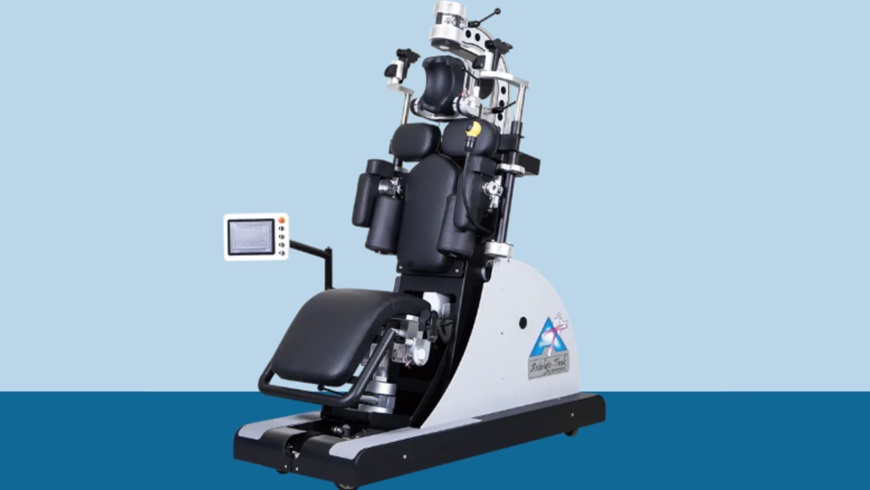Bariatric surgery is a medical procedure that aims to help people manage obesity and related diseases. It is an effective option for those who have tried other weight loss strategies without success. Here is the role of bariatric surgery in managing obesity and related diseases in greater detail.
Understanding The Link Between Obesity And Related Diseases
Obesity is a chronic disease that is characterized by excess body weight. It is a major public health issue worldwide and is associated with several serious health problems, including type 2 diabetes, heart disease, hypertension, sleep apnea, and certain types of cancer. The link between obesity and related diseases is well-established; managing obesity is essential for preventing or treating these conditions.
What Is Bariatric Surgery?
Bariatric surgery, also known as weight loss surgery, is a surgical procedure that modifies the digestive system to help people lose weight. There are several types of bariatric surgery, but the most common ones are gastric bypass, sleeve gastrectomy, and adjustable gastric banding. Each procedure works differently, but they all limit the amount of food the stomach can hold and reduce the absorption of nutrients.
Types Of Bariatric Surgery
Gastric bypass is the most common type of bariatric surgery. It involves dividing the stomach into a small upper pouch and a larger lower pouch and then connecting the small intestine to the upper pouch. This bypasses most of the stomach and some of the small intestine, reducing the amount of food that can be eaten and absorbed.
Sleeve gastrectomy involves removing a large portion of the stomach and creating a smaller stomach resembling a sleeve or tube. This reduces the size of the stomach and limits the amount of food eaten.
Adjustable gastric banding involves placing a band around the upper part of the stomach, creating a small pouch above the band. The band can be adjusted to control the amount of food eaten.
How Bariatric Surgery Works To Manage Obesity And Related Diseases
Bariatric surgery helps people lose weight in several ways. First, it limits the amount of food that can be eaten, reducing calorie intake. Second, it changes the hormones that control appetite and metabolism, leading to a decrease in hunger and an increase in energy expenditure. Third, it improves insulin sensitivity and glucose metabolism, which can help manage type 2 diabetes.
Eligibility Criteria for Bariatric Surgery
Benefits For Managing Obesity And Related Diseases
Bariatric surgery is an effective treatment for obesity and related diseases. Studies have found that it can lead to significant weight loss, improved metabolic health, and reduced risk of diabetes, heart disease, and other obesity-related conditions. It can also improve quality of life and psychological well-being.
Risks And Potential Complications Of Bariatric Surgery
Bariatric surgery is a major surgical procedure with risks and potential complications. These include bleeding, infection, blood clots, bowel obstruction, and malnutrition. However, the risk of complications is generally low, and most people recover without problems.
Recovery And Follow-Up Care After Bariatric Surgery
Recovery after bariatric surgery can take several weeks or months, and it is important to follow a specific diet and exercise plan to promote healing and weight loss. After surgery, patients are monitored closely by their healthcare team to ensure that they are healing properly and making progress towards their weight loss goals, regular follow-up appointments are scheduled to monitor weight loss, nutritional status, and any potential complications.
Lifestyle Changes After Bariatric Surgery To Support Long-Term Success
Bariatric surgery is not a quick fix or a magic solution for weight loss. To achieve long-term success, patients must be committed to making significant lifestyle changes. This includes following a healthy diet, engaging in regular physical activity, and managing stress and emotions. Patients may also need to take supplements to ensure they are getting adequate nutrition.
Conclusion
Bariatric surgery is valuable for managing obesity and related diseases. It works by limiting the amount of food the stomach can hold and reducing the absorption of nutrients. Bariatric surgery has been shown to lead to significant weight loss, improved metabolic health, and reduced risk of diabetes, heart disease, and other obesity-related conditions. However, it is not a quick fix or a magic solution for weight loss, and patients must be committed to making significant lifestyle changes to achieve long-term success.













Comments